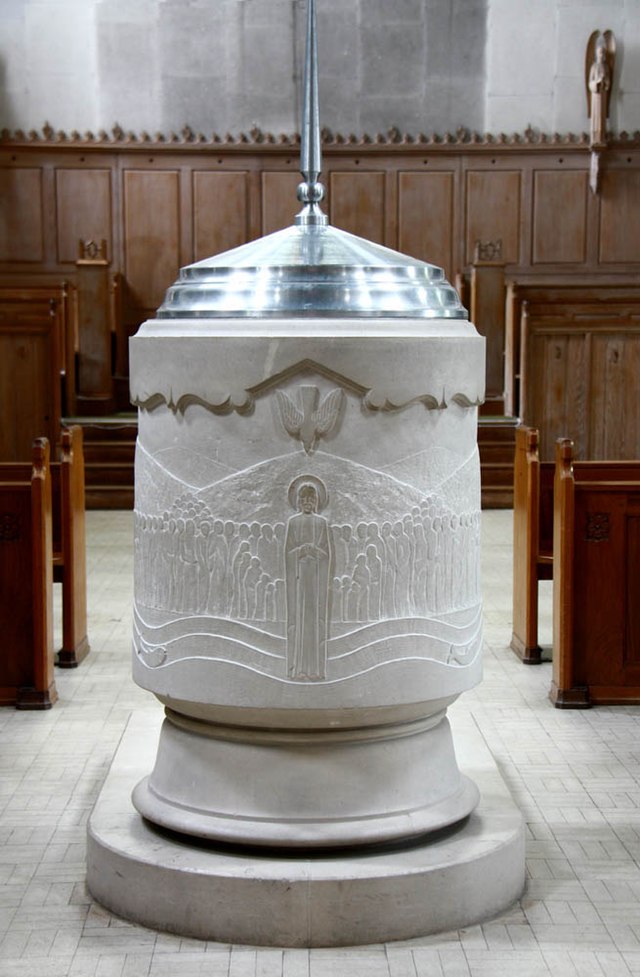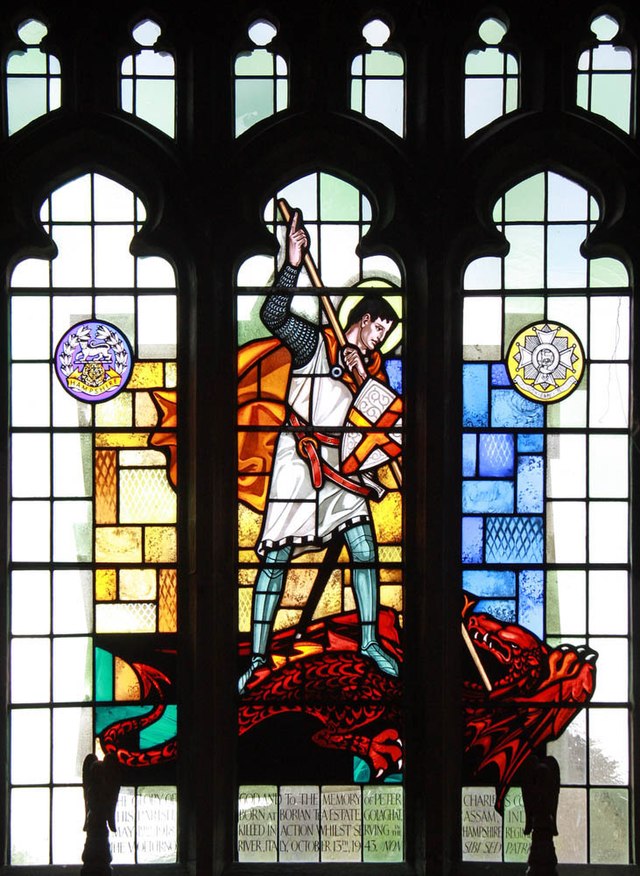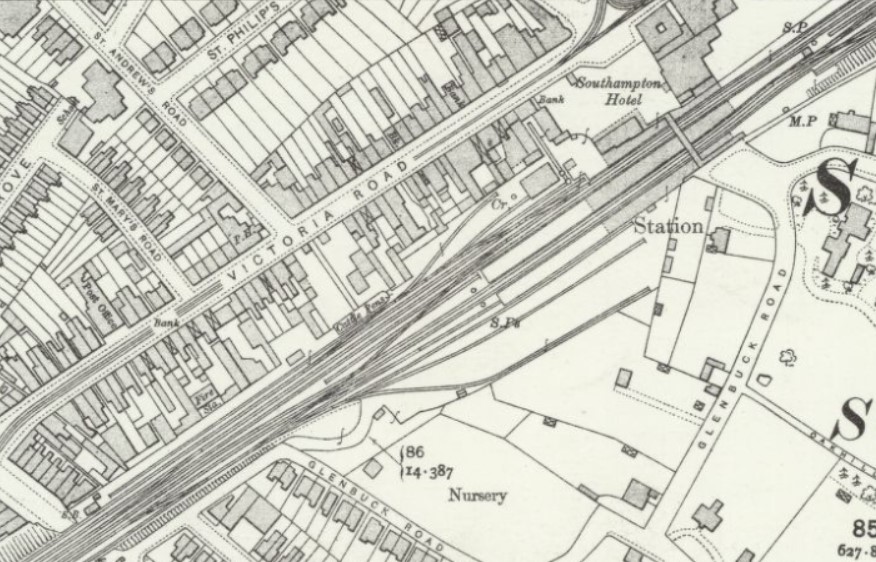Introduction
Nathaniel Rendell was born into poverty at East Chinnock. He later moved to London, where he found success as a dealer in butter and poultry and earned enough money to purchase six houses in the Yeovil area. After his wife’s death in 1887, he spent time with his brother, George, at Hardington. In about 1896, he and his daughter, Alice, moved to Odcombe, where he died in 1902. Although he left his daughter reasonably well provided for, she ultimately fell into poor health and died young.
Early life in East Chinnock and Yeovil
Nathaniel was born at East Chinnock in about 1839, the third of six children born to Joseph and Ann Rendell. His father was a farm labourer, while his mother was initially a farm labourer and later became a glove sewer.
Nathaniel began his working life as a farm labourer. In March 1851, he was a farm labourer at East Chinnock. By April 1861, he was a carter working on a farm in Sherborne Road, Yeovil.
While at the farm, he met Honor Smith, the farmer’s housekeeper. They formed a strong attachment, despite Nathaniel being around fourteen years younger than her.
Life in London
By October 1866, both Nathaniel and Honor had moved to London. Nathaniel found work as a gentleman’s servant at Surbiton, while Honor was a servant at Deptford. They married on October 4, 1866, at the parish church in Deptford. Honor signed her name, but Nathaniel signed with a cross.
It may not be a coincidence that Honor’s father had died only a few months earlier. Possibly, he disapproved of his daughter marrying a much younger man.
After their marriage, Nathaniel and Honor established a home together at 1 Claredale Villas, Victoria Road, Surbiton. Their daughter, Alice Flora, was born on 4 April 1868.[1]
After Alice’s birth, Nathaniel left domestic service and found alternative work. By April 1871, he was a labourer who supplemented his income with rent from two boarders. By 1878, a trade directory listed him as a “Butterman”, and the census of 1881 described him as a “Dealer in Butter & Poultry.
Claredale Villas comprised four properties, and by 1878, Nathaniel and his family had moved to number four.
Honor died in October 1887 at the age of 62. On 9 April 1889, Nathaniel held a sale of furniture and other effects at 4 Claredale Villas and on 12 October 1889, Alice advertised a furnished room to let in the same property.[2]
In April 1891, Nathaniel was a retired dealer staying with his brother George at Hardington. However, this may have only been a temporary visit as Alice was still living at 4 Claredale Villas, and Nathaniel remained on the Surbiton electoral rolls until 1896.[3]
Retirement at Odcombe
In about 1896, Nathaniel and his daughter left Surbiton and moved to Odcombe. He died at Surbiton House, Lower Odcombe, on 21 February 1902, at the age of 63, leaving an estate valued at £2,325-16s. He bequeathed all the money in his house and bank accounts, his household goods, and the income from the remainder to Alice. He also directed that when Alice died, the residuary fund should pass to her children or, if she died childless, to certain named relatives.[4]
Following his death, his three houses, orchard and pasture field at Odcombe and three houses at Stoford were sold by auction.[5]
Alice’s later life
Alice never married. The 1911 census recorded her as staying at the George & Crown Hotel at Hinton St George. She later moved to Wood Grange, Station Road, Hayes.[6] Although she was relatively young, her health was poor, and she was admitted to Locksbottom House, a hospital in Farnborough. Alice died there on 10 January 1920, at the age of 51, from dementia, diabetes mellitus, gangrene of her left arm and heart failure. He died intestate, leaving a small estate valued at £18 13s 4d, over which administration was granted to her uncle, George Rendell, farm labourer.
References
[1] Civil Registration Birth Index; baptism register of St Mark, Surbiton.
[2] Surrey Comet, 30 March 1889, p.1; 12 October 1889, p.8.
[3] Nathaniel is on the electoral list for 1896 but not for 1897.
[4] The will of Nathaniel Rendell, dated 24 December 1901, proved at Taunton on 29 March 1902.
[5] Western Gazette, 4 April 1902, p 1.
[6] Death certificate of Alice Flora Rendell. The certificate misstates her age.




